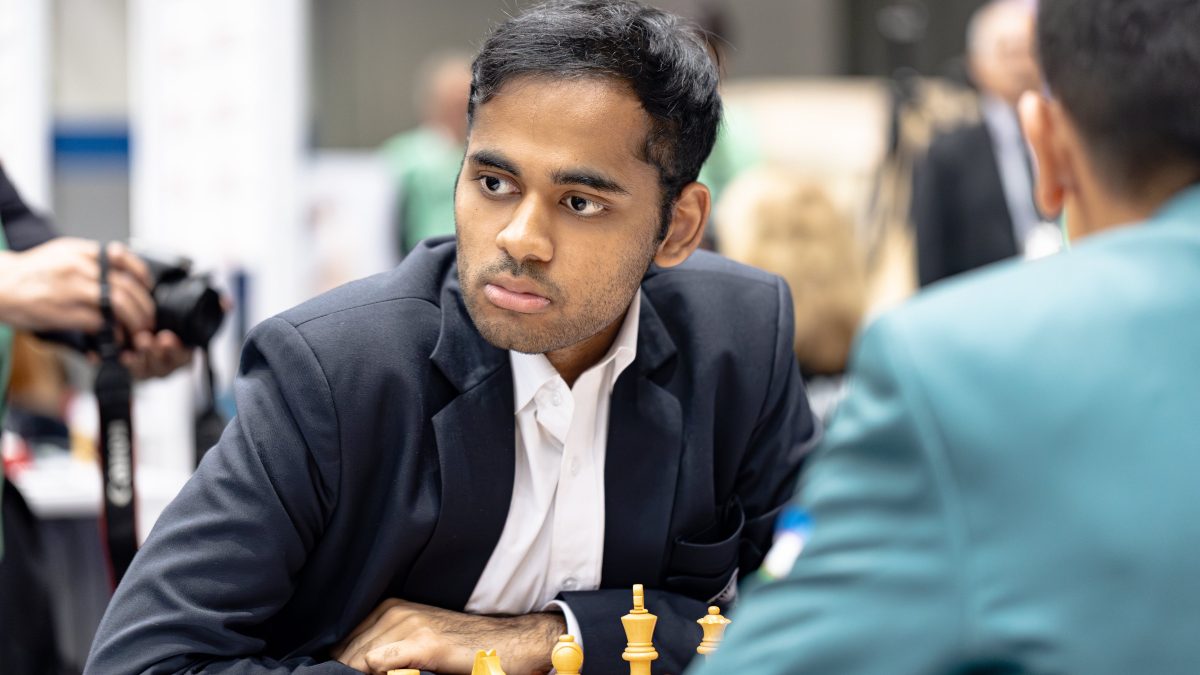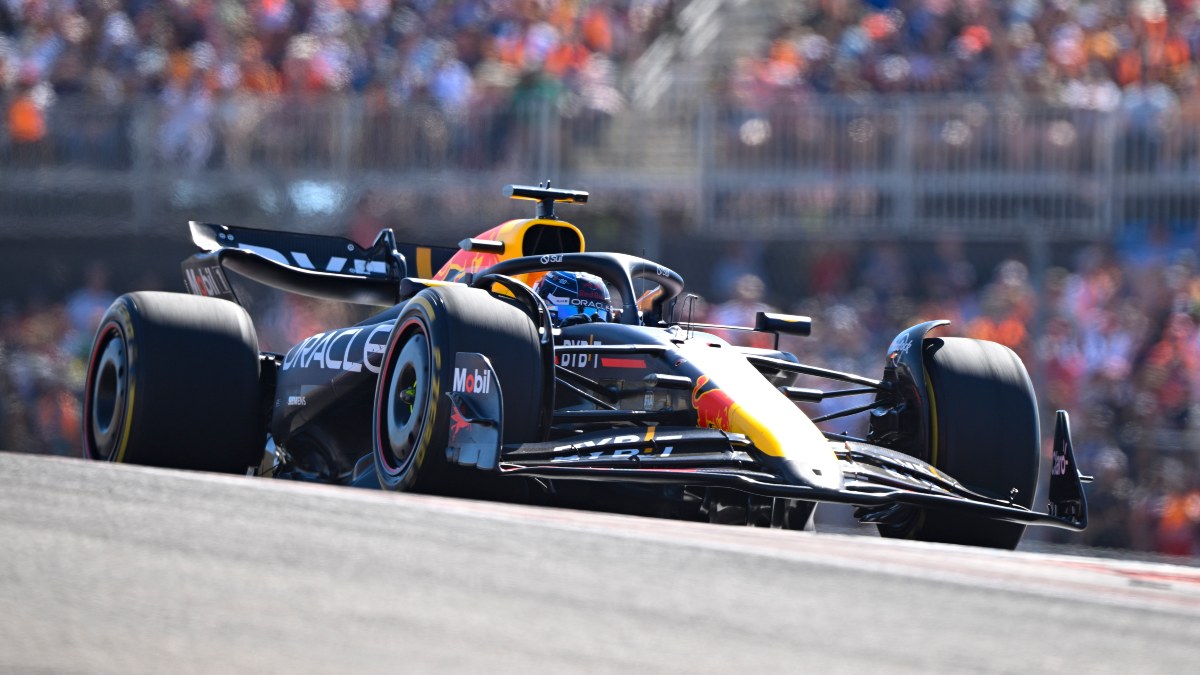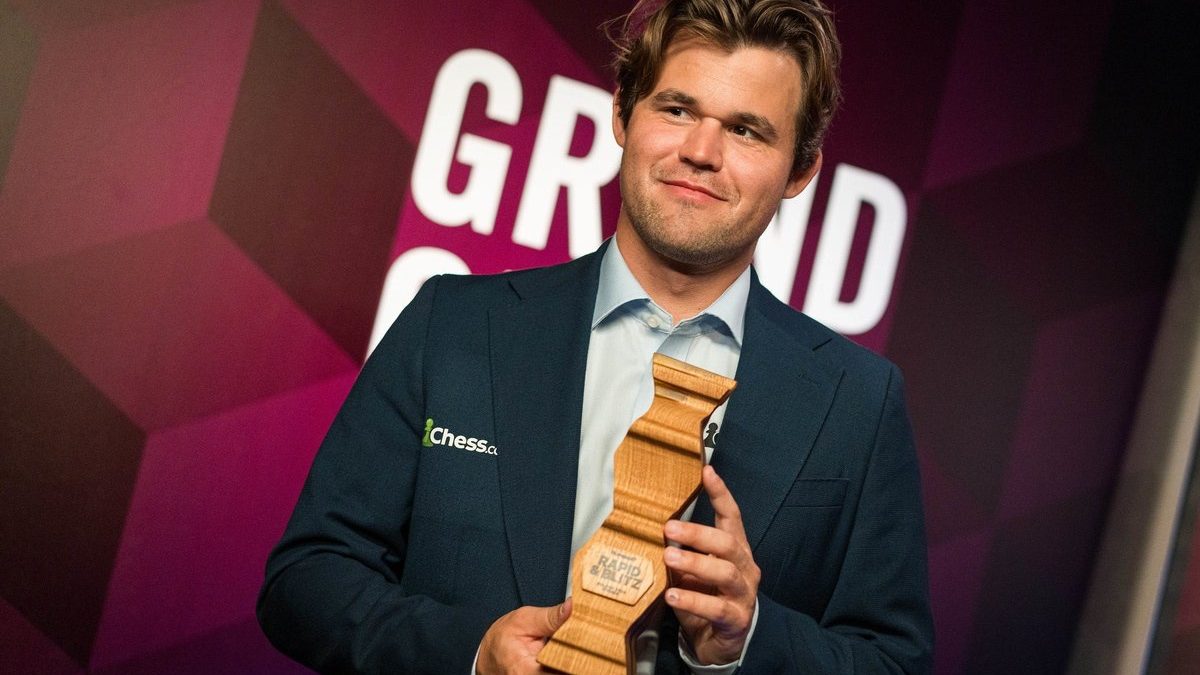Since its introduction into the Olympic gold in Seoul 1988, table tennis has been dominated by China in recent decades, with the nation winning a total of 60 medals — including 32 gold. read more
)
Representational image. Reuters
Table tennis, a.k.a ping pong, has come a long way since it was introduced as a pastime among upper-class English families in the early days of the 20th century, becoming one of the most popular sports worldwide with Asia, specifically China, as its powerhouse.
An association had been formed as early as 1902 with the formation of the Ping-Pong Association and though the sport was initially played in England, it spread to other nations in the 1920s.
The Fédération Internationale de Tennis de Table (International Table Tennis Federation, or ITTF) was later founded in 1926, making the first step towards the globalisation of the sport. England, Sweden, Hungary, India, Denmark, Germany, Czechoslovakia, Austria, and Wales were its founding members. As of 2024, ITTF has 227 member associations.
What is table tennis’s history at Olympics?
Table tennis was first introduced into the Olympic gold in Seoul 1988 with singles and doubles competitions for men and women. The doubles competition was replaced with team competition in Beijing 2008, and Tokyo 2020 witnessed the introduced of the mixed doubles event in the sport, making it a total of five medal events distributed equally among both genders.
While central European nations used to be the leading force in table tennis, the sport has been dominated by China in recent decades, with the nation winning a total of 60 medals — including 32 of the 37 gold medals that have been distributed at the Olympics since its introduction in 1988.
What are the rules?
Table tennis is literally what the name suggests — playing the sport of tennis, but on a table that is divided into two halves separated by a net.
Athletes use extremely lightweight balls made of plastic and measuring 40 millimetres. And the racquets used in table tennis do not have strings at the centre, but are made of laminated wood covered with a coating of rubber on one or both sides.
Singles matches are played in best-of-seven games format, in which an individual game is won by a player first reaching 11 points. Team events consist of four singles matches and one doubles encounter, each of which are played in the best-of-five games format. A team consists of three players and matches end when a team has won three individual games.
Who are the reigning champions?
Women’s singles: Chen Meng, China.
Women’s team: China (Chen Meng, Sun Yingsha and Wang Manyu).
Men’s singles: Ma Long, China
Men’s team: China (Fan Zhendong, Ma Long and Xu Xin).
Mixed doubles: Japan (Jun Mizutani and Mima Ito).
Which countries have qualified?
A total of 172 athletes, equally divided in the men’s and women’s categories, from 60 National Olympic Committees (NOCs) will be taking part in the table tennis event in the upcoming Olympic Games in Paris.
Who are the athletes to watch in table tennis?
Ma Long, China: The 35-year-old table tennis icon is the reigning Olympic champion. He also won the Olympic gold medal in Rio de Janeiro in 2016.
Sun Yingsha, China: Sun is the top-ranked woman and helped China win gold at the Tokyo Games in the women’s team competition.
Wang Chuqin, China: No. 1 in the men’s singles ranking, Wang was an alternate for the Chinese team at the Tokyo Games.
Felix Lebrun, France: The 17-year-old Lebrun is considered one of the rising stars in the sport. At No. 5 in the world, Lebrun is the highest-ranked player from anywhere outside of China.
Timo Boll, Germany: The 43-year-old will retire from international table tennis after the Paris Games, ending a 25-year career. He will become the sixth table tennis player to participate in seven different Olympic Games.
When and where will table tennis take place at Paris Olympics?
The table tennis competition runs 27 July to 10 August. The singles events take place in the first week with the women’s final on 3 August and the men’s final on 4 August. The team events are staged in the second week, with men’s medals awarded on 9 August and the women’s team medals on 10 August.
With inputs from AP

 3 months ago
51
3 months ago
51
)
)
)
)
)
)
)
)
)
)
)
)
)
)
)
)
)
)
)
)
)
)
)
)
)
 English (US) ·
English (US) ·